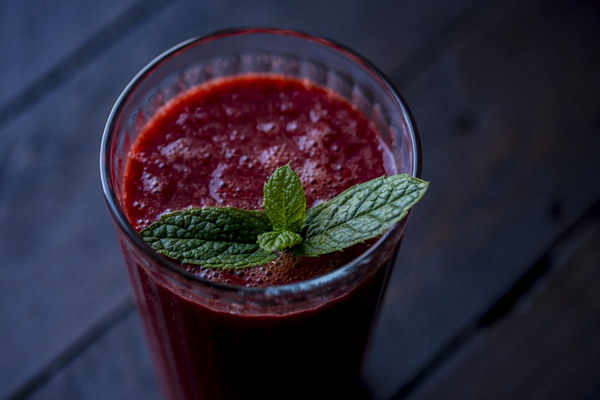The Great Debate Long vs. Short Workout Sessions – Which is Better for Fitness
The Great Debate: Long vs. Short Workout Sessions – Which is Better for Fitness?

In the world of fitness, one question that often sparks debate is whether longer workout sessions or shorter ones are more beneficial. Both approaches have their proponents, but which one is truly superior? Let's delve into the pros and cons of long and short workout sessions to help you make an informed decision for your fitness journey.
Long Workout Sessions: The Marathon Approach
Proponents of long workout sessions argue that the longer you exercise, the greater the benefits. Here are some of the advantages:
1. Enhanced Cardiovascular Health: Longer workouts can lead to improved heart health, as the sustained effort can increase blood circulation and strengthen the heart muscle.
2. Greater Caloric Burn: With more time spent exercising, you're likely to burn more calories, which can contribute to weight loss and fat burning.
3. Increased Muscle Endurance: Longer workouts can build muscle endurance, making it easier to perform daily activities and exercise for extended periods.
4. Mental Health Benefits: Engaging in long workouts can help alleviate stress and anxiety, as exercise is known to release endorphins, the body's natural mood lifters.
However, long workout sessions are not without their drawbacks:
1. Increased Risk of Overuse Injuries: Prolonged exercise can lead to overuse injuries if the body is not given adequate time to recover.
2. High Levels of Fatigue: Long workouts can leave you feeling exhausted, which may hinder your motivation to continue exercising regularly.
3. Limited Time: Not everyone has the time or energy for long workouts, which can be a barrier to consistency.
Short Workout Sessions: The Sprint Approach
On the other side of the debate are those who advocate for short, high-intensity workouts. Here's why they believe they're superior:
1. Efficiency: Short workouts can be completed in a fraction of the time, making them ideal for busy lifestyles.
2. High-Intensity Interval Training (HIIT): These workouts often incorporate HIIT, which has been shown to burn fat, improve cardiovascular health, and increase muscle mass in less time.
3. Minimal Equipment Needed: Many short workouts can be done without any equipment, making them accessible to anyone, anywhere.
4. Reduced Risk of Overuse Injuries: Because short workouts are less intense and take less time, the risk of overuse injuries is lower.
Despite these benefits, short workout sessions are not without their own set of challenges:
1. Limited Scope: Short workouts may not provide the same comprehensive benefits as longer sessions, particularly in terms of muscle endurance.
2. Need for Consistency: To achieve significant results, short workouts must be performed consistently, which can be challenging for some individuals.
3. Potential for Plateaus: After a certain point, the body may adapt to short workouts, leading to plateaus in progress.
Finding the Right Balance
Ultimately, the best workout length for you depends on several factors, including your fitness goals, schedule, and personal preferences. Here are some tips to help you find the right balance:
- Assess Your Goals: If you're aiming for significant weight loss or cardiovascular improvements, longer workouts may be more beneficial. For quick, efficient fitness gains, short workouts could be the way to go.
- Consider Your Lifestyle: Choose a workout length that fits seamlessly into your daily routine. If you have a busy schedule, short workouts are more likely to be sustainable.
- Listen to Your Body: Pay attention to how your body feels during and after workouts. If you're experiencing excessive fatigue or pain, it may be time to reconsider your workout length.
- Mix It Up: Incorporate a mix of long and short workouts into your routine to keep your body challenged and to prevent boredom.
In conclusion, whether long or short workout sessions are better for fitness depends on a variety of factors. The key is to find the right balance that suits your lifestyle, goals, and body's needs. Remember, consistency is king when it comes to achieving lasting fitness results.









